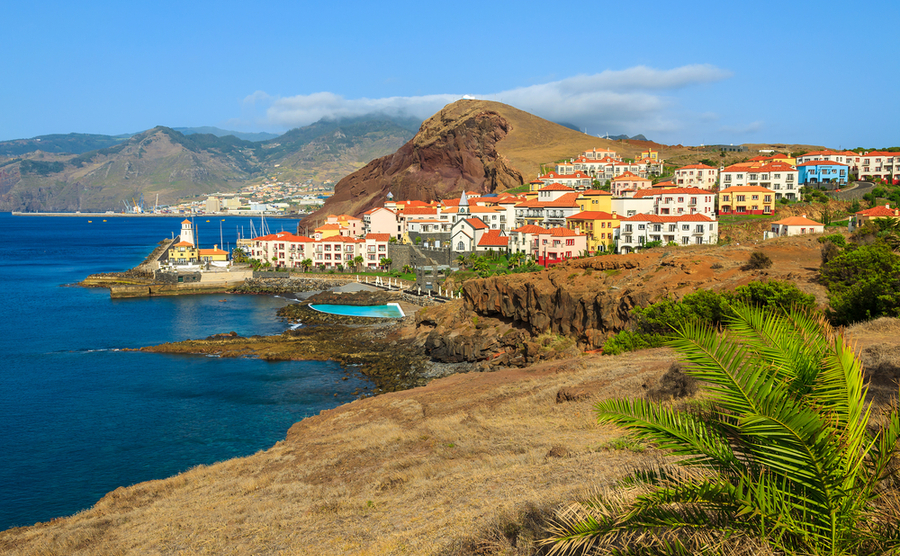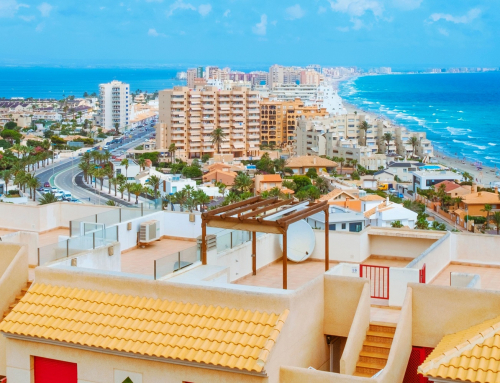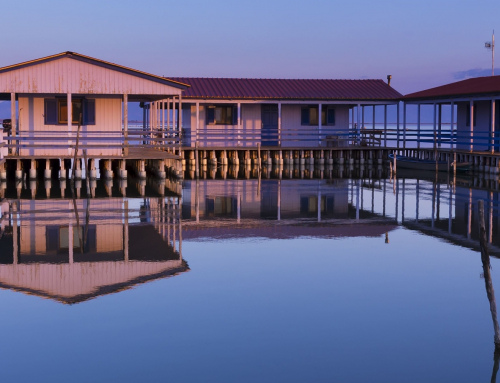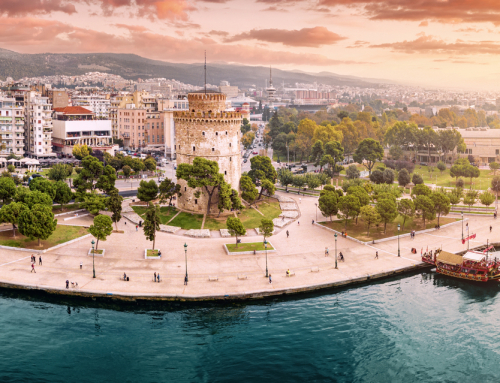British people will still be able to buy a home abroad after Brexit – even in the event of a ‘no deal’. Think of the hundreds of Australians, Americans and more who purchase property in the EU every year. But you will need to jump through a few more hoops, so how is the process likely to work?
Buying overseas after Brexit
If something approaching Theresa May’s current Withdrawal Agreement passes through the House of Commons in the ‘meaningful vote’ on 13th March, then there will a so-called Implementation Period (or transition period) until the end of 2020. During this period, British citizens will retain their EU rights – so you’ll be able to move freely, as now, until then.
If it results in a no-deal Brexit, however, the landscape will be a little different.
How to buy a home abroad after a no-deal Brexit
First off, it’s important to say that you absolutely will still be able to buy a home abroad after a no-deal Brexit.
Property is not governed by the EU or ‘EU citizenship’ in the vast majority of countries – it’s decided by countries individually. In all EU Western EU countries, including France, Spain, Portugal and Italy, foreigners can buy houses and land. In Cyprus, even EU citizens need to apply to the Council of Ministers for permission, but this is generally a formality that is quickly granted.
The major difference will be your permission to live in the country once you have the property. You’ll need a visa – these are how the majority of situations would unfold:
- Holiday home: A simple tourist visa will be enough – you’ll be able to stay for 90 days at a time!
- Working: If you’re employed, you’ll likely need to get a job and then apply for a working visa. It may sound like a hassle – most countries grant them on the basis that no-one in the country already can do the job – but, as an English-speaker, you’re likely to have that as an advantage of proof – you automatically have a skill locals don’t have.
- Retiring: Most countries have a ‘temporary non-lucrative residential’ visa, which you can periodically renew. You’ll normally need to qualify for a minimum savings amount to show that you can support yourself without working.

If you’re buying a holiday home, a simple tourist visa will suffice for visits.
Can you gain permanent residency?
Again, rules differ from country, but you will register for temporary residency as soon as you arrive. With that in hand, once you’ve lived in the country for generally five years, you can apply for permanent residency. In some countries, you can also apply for citizenship at this point. Permanent residency in an EU country will also give you the right to travel around the Schengen zone visa- and passport-free.
What about visas by investment?
Some countries run schemes known as ‘golden visas’. These give you immediate access to permanent residency upon buying property for a particular amount. Popular ones include:
- Greece: buying a €250,000 property.
- Cyprus: buying a non-resale property over €300,000.
- Portugal: buying a €350,000 property.
- Spain: buying a €500,000 property.
So, if you’re concerned about purchasing in Europe after Brexit, to put it simply: don’t be! Keep your property search underway and you could be in your dream home by the end of summer!
—
Wherever you choose to buy, you’ll need to protect your money from moving exchange rates: Find out how in the Property Buyer’s Guide to Currency
If you find the home of your dreams but it’s beyond your budget, effective negotiation could make the vital difference. Download the How to Negotiate Abroad Guide.
Private sellers ? Advertise on Green-acres
Agency ? Advertise on Green-acres







